The “Landscapes of (Re)Conquest” project is a program of research investigating the character of medieval frontiers in the western Mediterranean. Societies here were characterised by multiple and shifting frontiers during the Middle Ages, a formative period for modern Europe. These frontiers were created by periods of conflict between opposing societies defined, above all, by religious differences, with populations composed of fluctuating resident and migrant communities. Their material legacy is exemplified by spectacular monuments – the fortified centres of authority built to secure and control these frontiers. 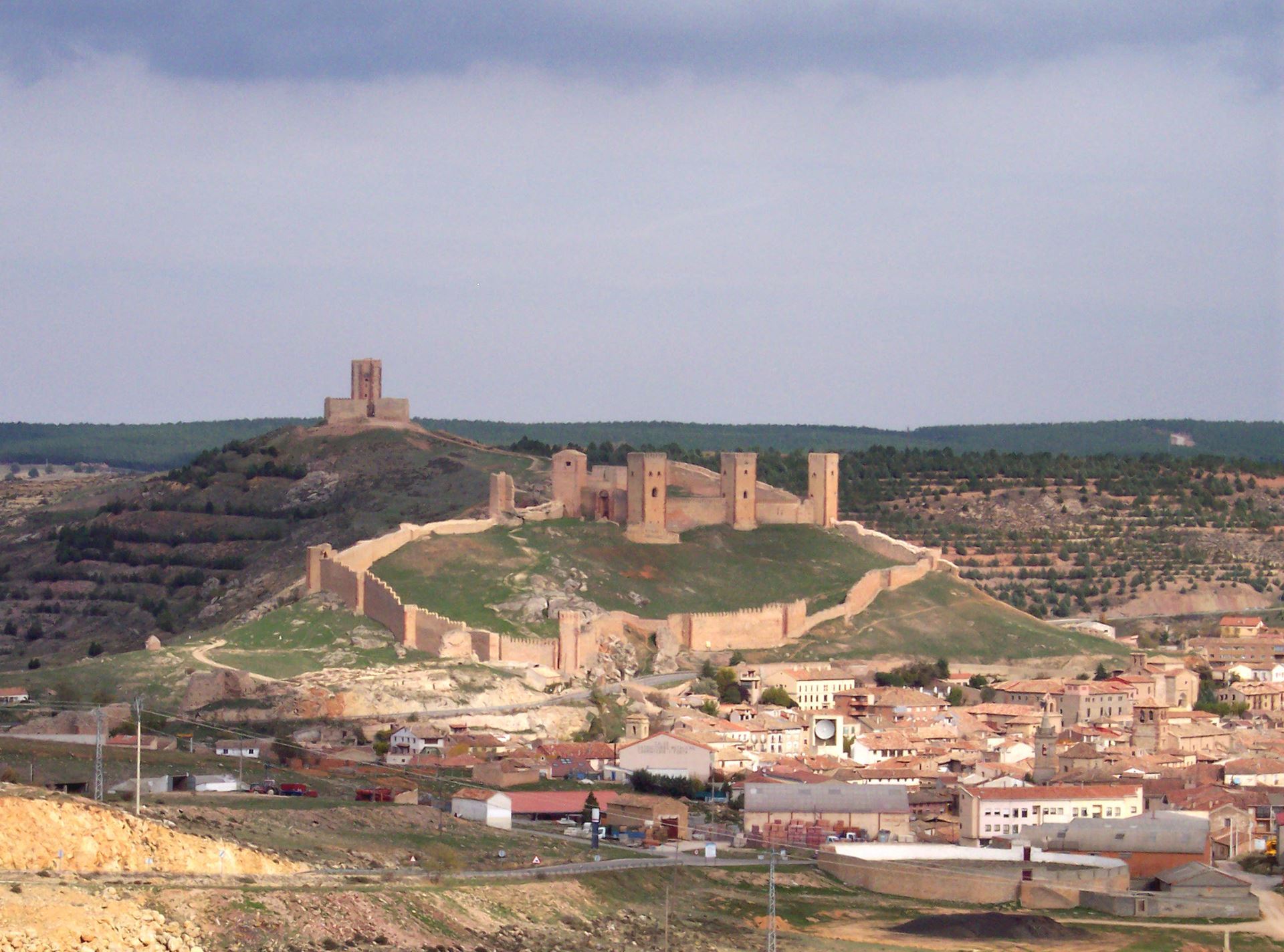
However, they remain disconnected from their associated territories, both in the academic and public domains. As frontiers, these territories encompassed multicultural communities and articulated tensions between the conquering authorities and conquered populations. This project will address this disconnection between sites and landscapes. In Iberia, these dramatic castles are emblematic of the military conquests – many framed as crusades or connected with crusading ideology – which have been merged into one lengthy, unrelenting Reconquista; a term popularised in late-19th century historiography with the aim of promoting a nationalist agenda of unification. Following this narrative, the process of unification was the direct result of a “reconquest” of Christian Visigothic territories that had been lost to Arab and Berber Islamic forces. This was completed in Portugal in 1249 with the capture of Faro, and in Spain in 1492 with the annexation of Granada. Since 1978, many Iberian scholars have rejected the term “Reconquista” in favour of regional “conquests”, but it still has international currency and remains in use within conservative sectors of Spanish society. Its main effect is to present an essentialist dichotomy between Christianity and Islam as driving the emergence of modern Iberian societies. In order to critically engage with public and scholarly perceptions of this problematic term, the use of “(Re)conquest” in LoR is deliberate.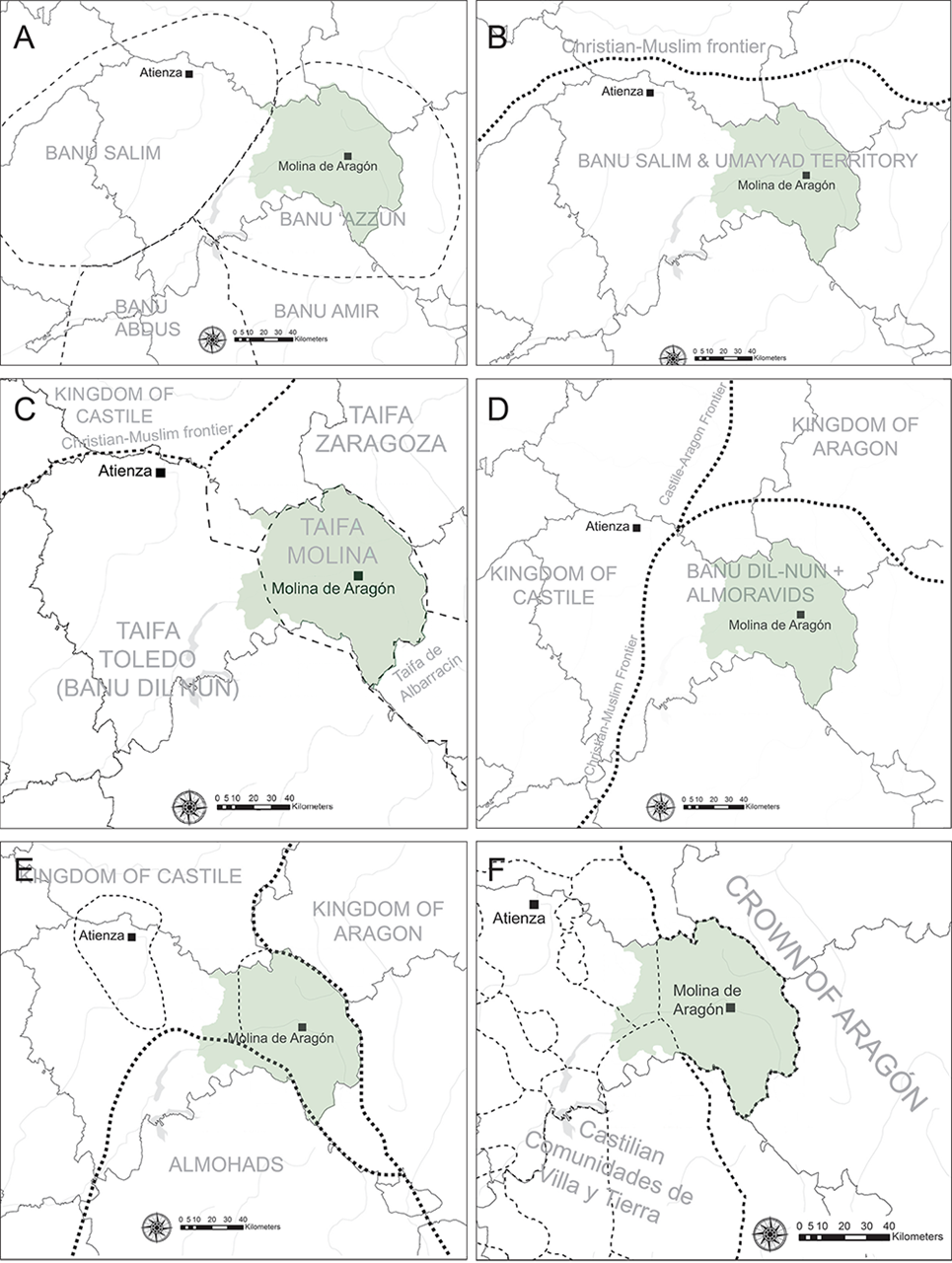
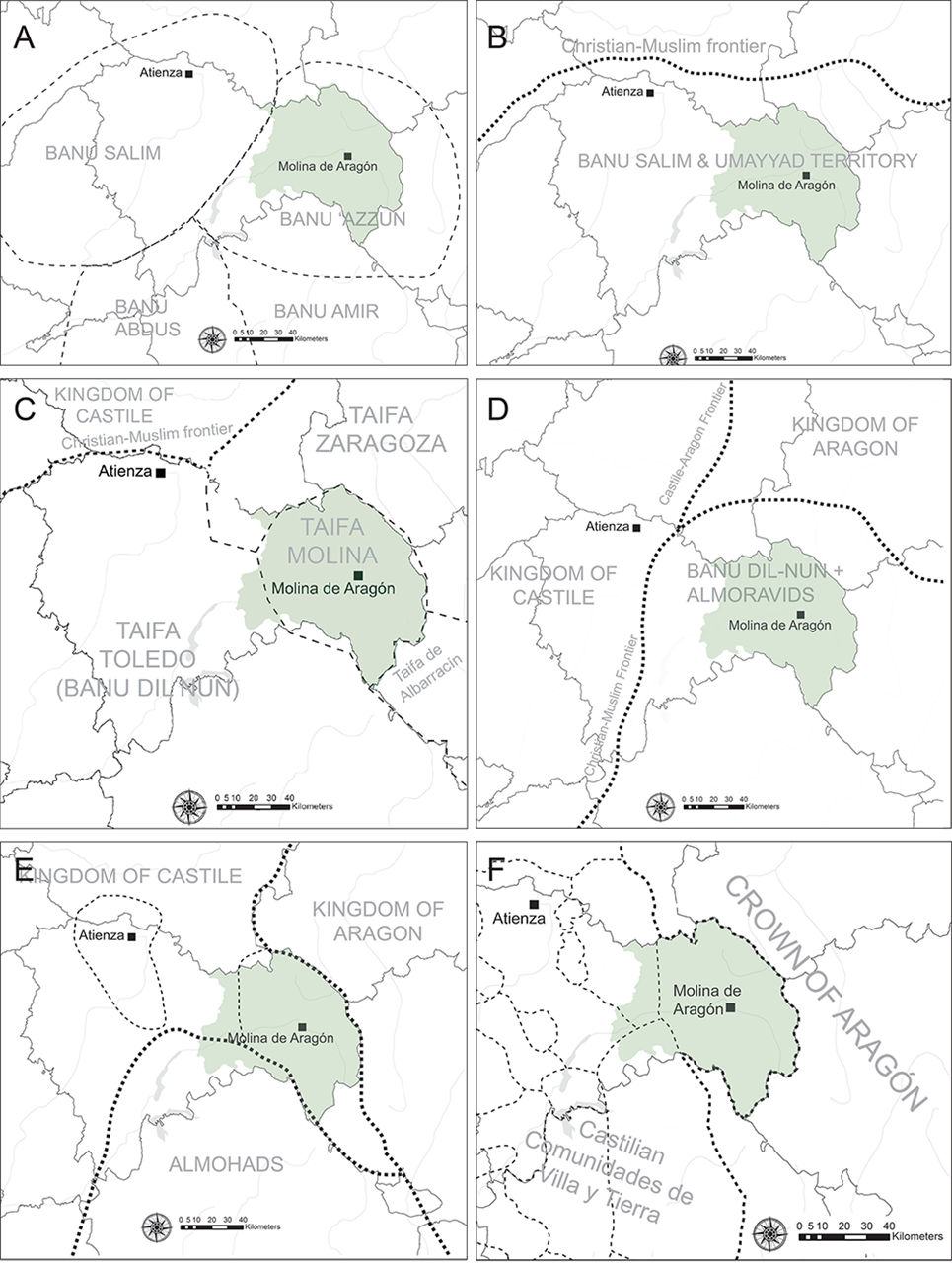
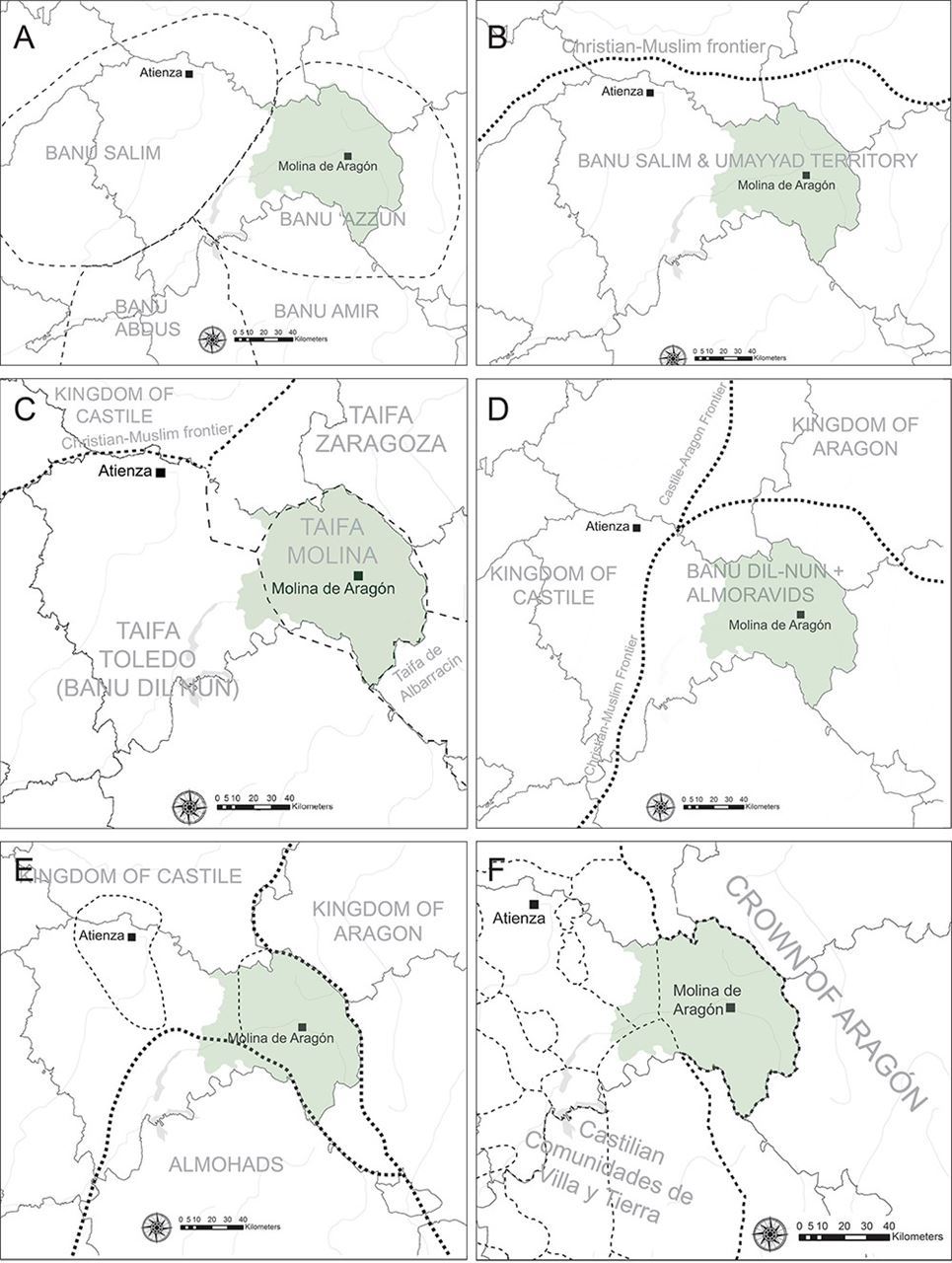
The project, funded by the AHRC (Arts and Humanities Research Council) from 2019-2022, is a collaboration between the University of Reading (PI Aleks Pluskowski), University of Granada (International Co-I Guillermo García-Contreras Ruiz) and University of York (Co-I Michelle Alexander). It entails a comparative investigation of three different frontier regions in Spain and Pyrenean France, representing the borderlands of a range of opposing Islamic-Christian and Christian-Christian polities.  The key questions we will ask are how did conquering authorities deal with the creation of multicultural societies in these frontiers, how did they relate to central authorities and how did conquered communities respond to the imposition of new political and social norms? Drawing on a range of archaeological, environmental and historical data, we will investigate changes in settlements, religious, commercial and political centres alongside environmental changes, assessing whether territorial reorganisation resulted in intensified resource exploitation, or to what extent earlier trends continued and can be linked to established practices and worldviews.
The key questions we will ask are how did conquering authorities deal with the creation of multicultural societies in these frontiers, how did they relate to central authorities and how did conquered communities respond to the imposition of new political and social norms? Drawing on a range of archaeological, environmental and historical data, we will investigate changes in settlements, religious, commercial and political centres alongside environmental changes, assessing whether territorial reorganisation resulted in intensified resource exploitation, or to what extent earlier trends continued and can be linked to established practices and worldviews. 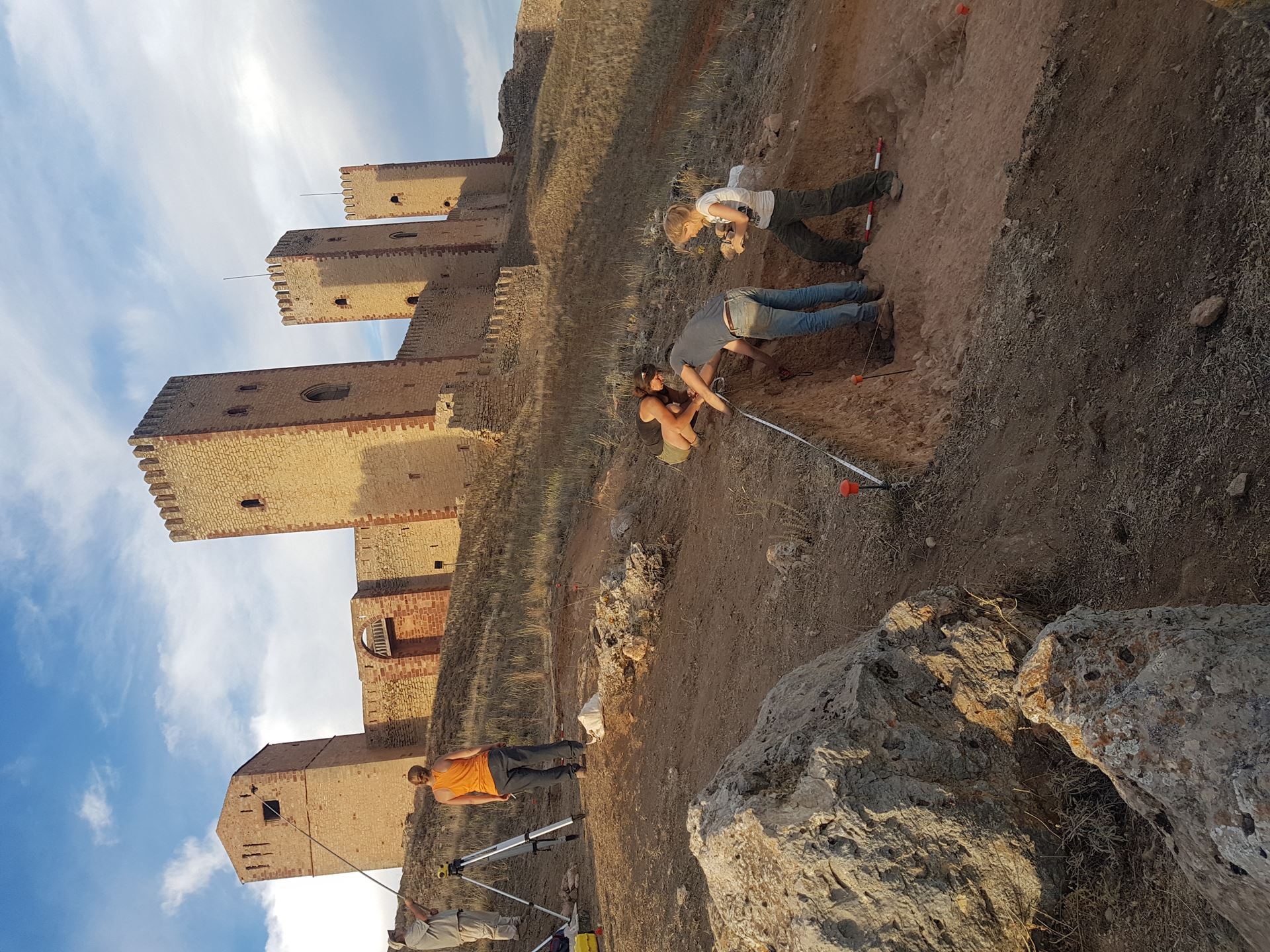
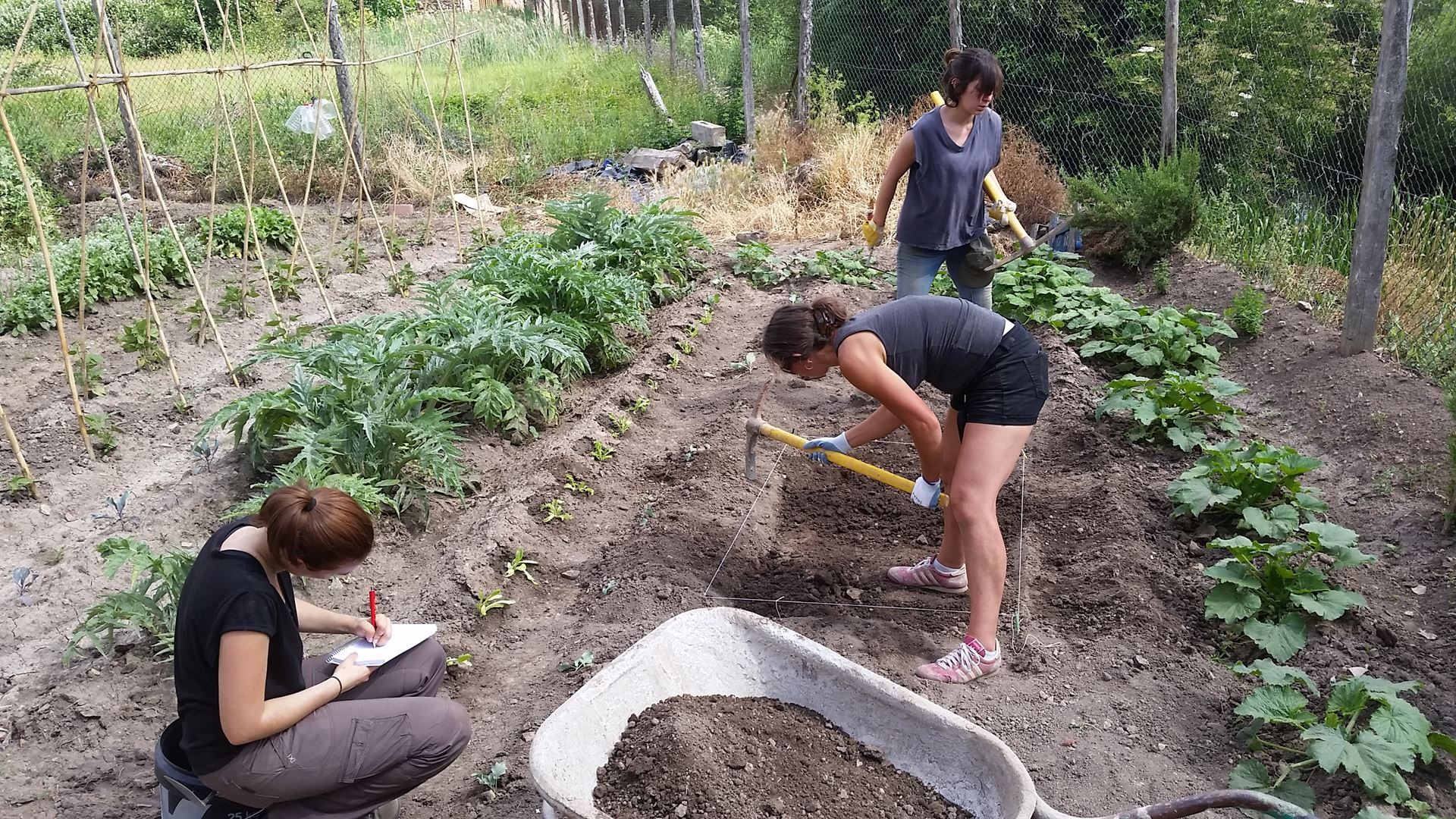 We will then consider how much freedom there was to move across these frontiers, traditionally linked to the widespread practice of transhumance. Finally, we will bring all this information together to map long-term cultural resilience in SW European societies – the ability of conquered communities to adapt to the imposition of new regimes. Environmental exploitation is an increasingly used index of this resilience. We will then develop visual and digital resources to enable visitors to engage with the cultural landscapes associated with the iconic monuments of frontier authorities.
We will then consider how much freedom there was to move across these frontiers, traditionally linked to the widespread practice of transhumance. Finally, we will bring all this information together to map long-term cultural resilience in SW European societies – the ability of conquered communities to adapt to the imposition of new regimes. Environmental exploitation is an increasingly used index of this resilience. We will then develop visual and digital resources to enable visitors to engage with the cultural landscapes associated with the iconic monuments of frontier authorities.
You can find more info on the project here: https://research.reading.ac.uk/re-conquest/